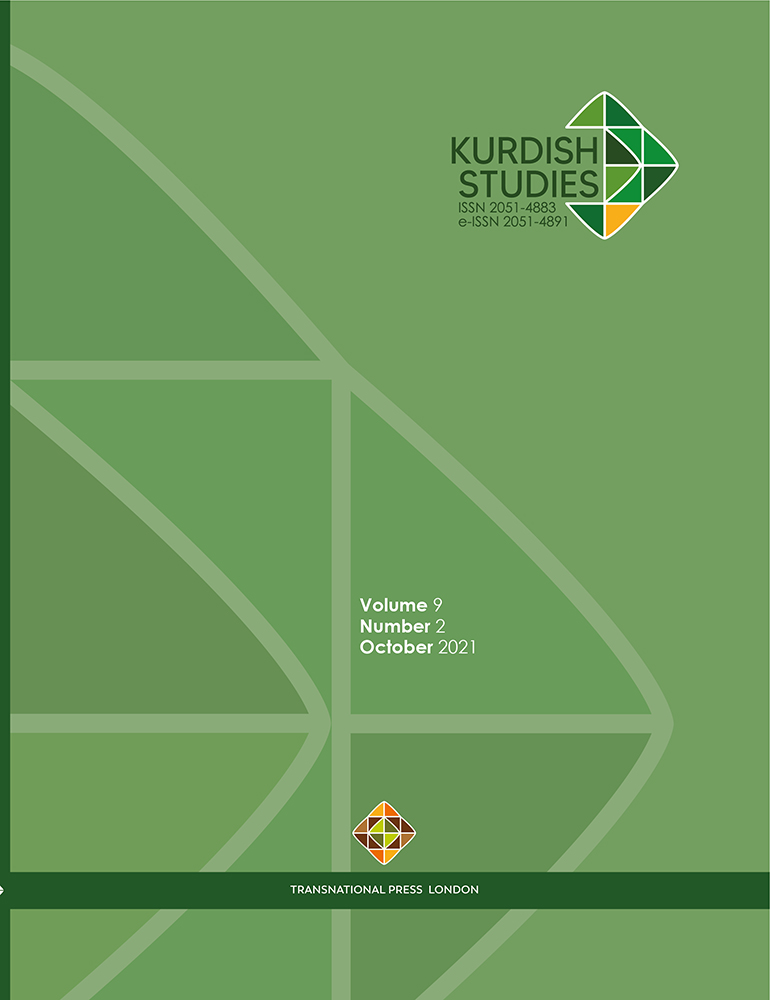Rethinking State-Non-state Alliances: A Theoretical Analysis of the U.S. Kurdish Relationship
Rethinking State-Non-state Alliances: A Theoretical Analysis of the U.S. Kurdish Relationship
Author(s): Ozum YesiltasSubject(s): Political history, Post-War period (1950 - 1989), Ethnic Minorities Studies, Politics of History/Memory, Politics and Identity, Peace and Conflict Studies, Asylum, Refugees, Migration as Policy-fields
Published by: Transnational Press London
Keywords: Rojava; Kurdistan Regional Government; Kurdistan Workers’ Party; People’s Protection Units;
Summary/Abstract: This study investigates the growing influence of Middle Eastern non-state actors as agents of foreign policy and their interactions with states through an analysis of the U.S.-Kurdish relationship. Incorporating archival data and interviews with Kurdish and American policy makers, the paper analyses the factors that have affected the U.S.-Kurdish relationship from World War II to the recent Syrian crisis in the context of the mainstream theoretical approaches within the discipline of International Relations. The article concludes that the failure to formulate a coherent Kurdish policy complicates the U.S.’ Middle East strategy and contributes to outcomes unfavourable to U.S. interests in the region.
Journal: Kurdish Studies
- Issue Year: 9/2021
- Issue No: 2
- Page Range: 189-204
- Page Count: 16
- Language: English

